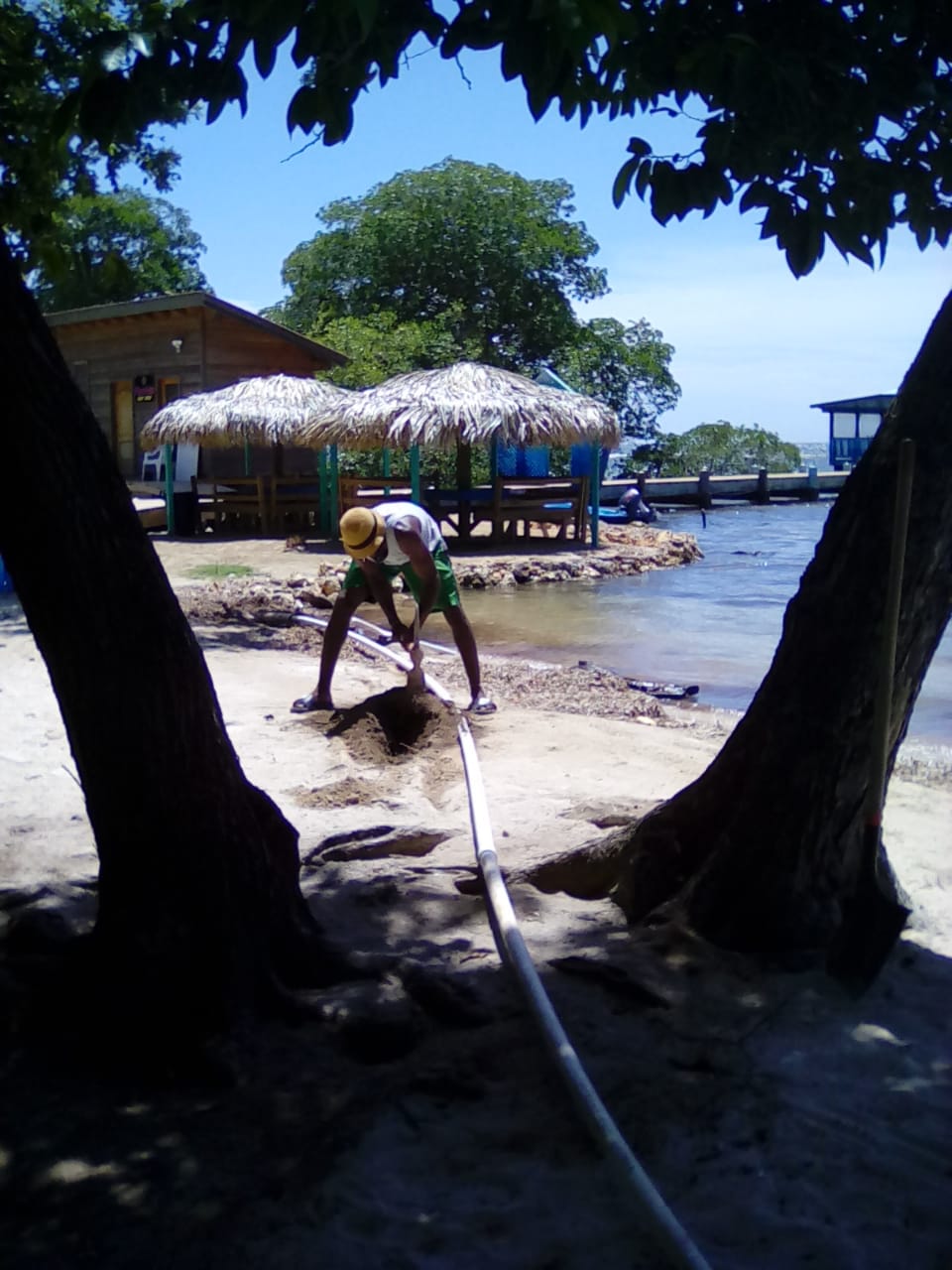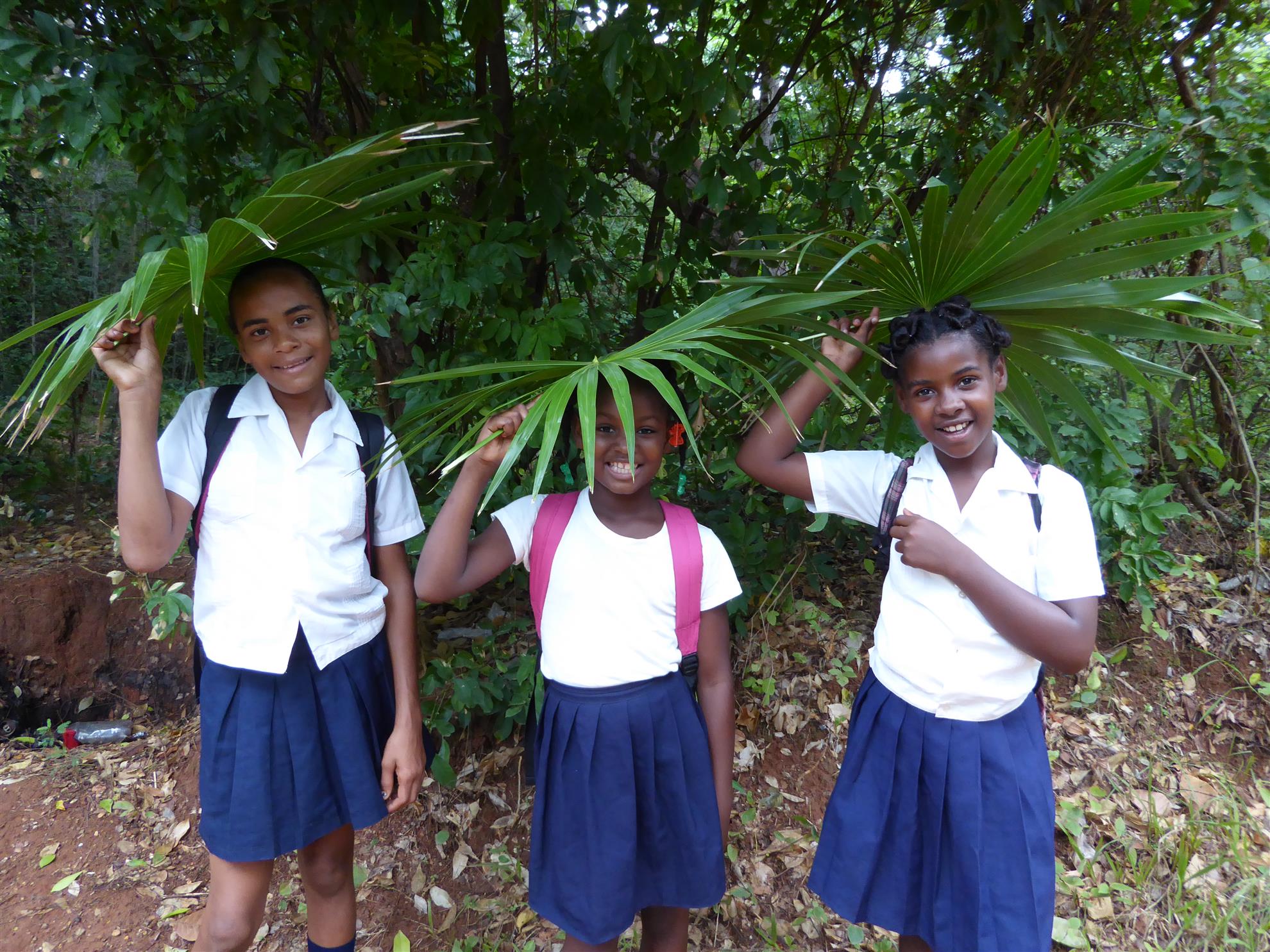 How does a life changing project of Rotary “Service Above Self” begin? For Bob and Carol Rose, it was a service trip, teaching English in the Bay Island of Honduras in 2015. The couple was overwhelmed by the isolation and lack of opportunities on St. Helene. After arriving home, they consulted with several experienced fellow ERC members and were advised to first listen and learn from St. Helene’s community members. They were warned that development ultimately fails when you don’t take this first step. Bob went back to school and received a certification in Community Development.
How does a life changing project of Rotary “Service Above Self” begin? For Bob and Carol Rose, it was a service trip, teaching English in the Bay Island of Honduras in 2015. The couple was overwhelmed by the isolation and lack of opportunities on St. Helene. After arriving home, they consulted with several experienced fellow ERC members and were advised to first listen and learn from St. Helene’s community members. They were warned that development ultimately fails when you don’t take this first step. Bob went back to school and received a certification in Community Development.The islanders had begun a new leadership group called “The St. Helene Progressive Movement,” or “Patronato.” Through trainings sponsored by Evergreen Rotary Club, community members identified their needs, challenges and strengths in the areas of water, power, education, health and economic development.
The St. Helene community led development/capacity building project is holistic, collaborative, and long term. It involves alliances with Rotary Clubs in Honduras Canada, and the US, several NGOs, and multiple Rotary Grants. This powerful combination has begun producing results. Phase I includes two grants written by a Canadian Rotary Club to address drilling new wells, WASH training, building, improving, and equipping schools (including computers), and teacher training. Phase II will involve building an extensive water distribution system to each home on the island, latrines, and community training in the operation and maintenance of the water system. Phase III will focus on economic development through further community training in the areas of micro finance, savings groups, entrepreneurship, sustainable fishing and agriculture. Each project hinges upon leadership training, shared responsibility, and collective planning. Training is delivered in workshops ranging from tourism development to project management and skill development in trades like plumbing.
The forgotten people of St. Helene have endured a history of slavery, colonization, and isolation. Today, they are challenged by dwindling fish and shellfish stocks, a changing climate, and the lack of job opportunities, education and access to health care. However, as we find the world over, Rotary is that “small group of thoughtful people who change the world.”
 | .JPG) |  |
